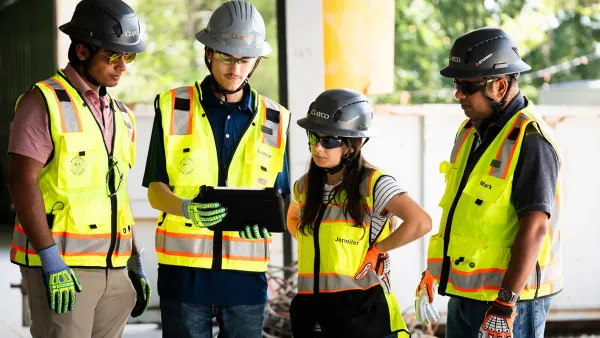Dive Brief:
- Starbucks announced Wednesday that wages for U.S. hourly workers will average nearly $17 per hour by summer 2022, with barista wages ranging from $15 to $23. This pay range is based on market and tenure.
- Starbucks employees with two or more years of service could receive up to a 5% raise and partners with five or more years of experience could receive up to a 10% raise, effective late January 2022.
- This investment in employee compensation rounds out roughly $1 billion in incremental investments in annual wages and benefits since 2019, the company said in a press release. It will also fulfill Starbucks' wage goals ahead of schedule. In December the coffee chain pledged to raise its wage floor to $15 per hour by 2023.
Dive Insight:
It's possible that Starbucks fast-tracked its planned wage increases due to the restaurant industry's intense labor shortage, which is squeezing QSR chains. Simultaneously, Starbucks employees from three stores in Buffalo, New York, have joined a unionization drive, demanding seniority pay and improved staffing.
Higher hourly wages could help attract and retain employees and cool tensions with the union organizers, though it seems unlikely the campaign will fizzle.
Starbucks has also hired recruiting specialists across all of its U.S. markets and is offering $200 referral bonuses to entice new workers. In addition, the company is overhauling its "Barista Basics" guide for employees so it includes more training time for all roles and practice shifts.
"To better ensure staffing on a day-to-day basis, we're also testing solutions like an app to help partners communicate and make sure there is coverage for all available shifts, which should reduce the impact of call outs," Starbucks EVP and President of North America Rossann Williams wrote in a letter to employees.
The chain has also invested in forecasting capabilities to ensure consistent staffing and has formed a team of employees to design and test initiatives that could improve restaurant complexity and create a better experience for baristas. This team is focused on efforts to redesign "behind-the-bar" layouts, explore new store equipment and technology and examine evolving operational roles in Starbucks cafés.
These initiatives further cement Starbucks' reputation as a proactive restaurant employer, building on the company's past rollouts of paid family leave, family planning reimbursements, paid sick leave, childcare and elder care benefits and mental health support — offerings that differentiate the company from many competitors.
But when it comes to competing for labor, Starbucks may still face an uphill battle. Chains across segments are increasing wages in the hopes of attracting fresh talent, with Brinker International committing to raise pay to $18 including tips by 2023. Darden Restaurants announced in March it will raise wages to $11 per hour including tips in January, and said the company's hourly employees currently earn more than $17 per hour on average — the same number Starbucks is trying to hit by next summer.












